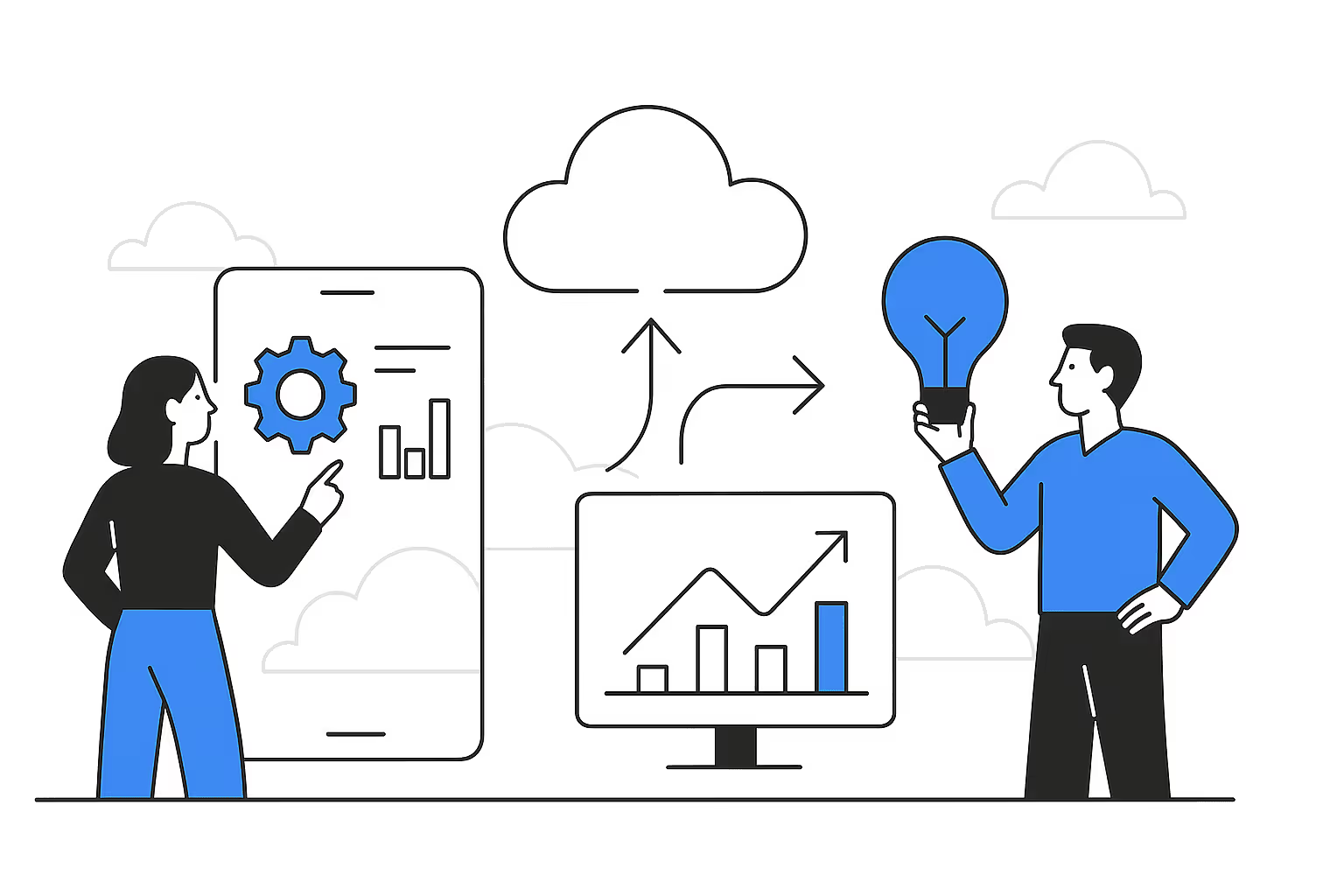Data Warehouse's role in healthcare transformation: from data analytics to personalized care
Modern technologies are rapidly changing the healthcare world, and one of the most important tools for improving medical processes is Data Warehouse — a data warehouse capable of processing huge amounts of information.
In healthcare, this tool plays a key role in bringing together disparate patient data, simplifying resource management, and significantly improving the efficiency of diagnosis and treatment.
Let's look at specific examples of using data warehouses that will help you better understand their practical applications in healthcare and improve both the work of doctors and the quality of life of patients.
Centralizing patient data
Data Warehouse helps healthcare providers combine data from various systems, such as electronic health records (EMR), laboratory systems, imaging systems, and even wearable data. This creates a centralized database that makes it easy to access patient information, regardless of where or when it was collected.
Centralizing data improves the quality of care, as doctors can quickly obtain complete information about a patient, including medical history, procedures performed, test results, and even drug data. This significantly speeds up the diagnosis and treatment process, reducing the likelihood of errors and duplication of medical procedures.
Data-based analysis and forecasting
One of the most valuable aspects of using Data Warehouse is the ability to conduct in-depth analysis and make predictions based on big data. Healthcare facilities can use data warehouses to analyze patients' medical histories, identify patterns, and predict likely complications. For example, data analysis can predict patients' likelihood of developing chronic diseases based on their medical history, lifestyle, and genetic data. This makes it possible to introduce preventive measures and offer individualized treatment programs, reducing the burden on hospitals and improving the quality of life of patients.
Optimization of healthcare processes
Data Warehouse plays an important role in healthcare administration, helping hospitals and clinics improve internal processes. This applies to resource management, logistics, personnel policy, and even procurement.
- Bed and operating room management: Data can be used to optimize the use of beds and operating rooms, predict congestion and plan schedules, which minimizes downtime and improves patient care.
- Inventory and procurement management: analysis of data on the consumption of medicines and equipment allows you to optimize purchases, preventing shortages or excess stocks.
- Optimizing staff performance: Based on the analysis of workload data, it is possible to optimize the schedules of doctors and nurses, reducing stress and increasing employee productivity.
Clinical research and development support
Medical research requires massive amounts of data that can be collected and analyzed through Data Warehouse. This is particularly important in pharmaceuticals and biotechnology, where researchers analyze patient data to develop new treatments and drugs.
The use of data warehouses makes it possible to accelerate clinical trials, improving the quality of data collected and making it easier to access it. For example, researchers can more quickly find suitable patient groups for testing, analyze results in real time, and adjust experimental methods.
Improving data security and confidentiality
Medical data requires particularly careful protection, and Data Warehouse allows you to implement modern security methods. The data warehouse system may include information encryption, role-based access control, and operations auditing to prevent unauthorized access to patient data.
Data warehouses also support compliance with healthcare regulations, such as HIPAA in the US or GDPR in Europe, by ensuring compliance with strict personal information protection regulations.
The Future of Healthcare with Data Warehouse: Effective Data-Driven Solutions
Healthcare Data Warehouse is not just a place to store information, but a powerful tool that can combine disparate data and transform it into actionable solutions. Its implementation in medical institutions helps not only to speed up diagnosis and treatment, but also to create a more individual approach to each patient.
Data warehouses open up new horizons in scientific research, increase the efficiency of administrative processes and allow doctors to make more informed and accurate decisions. With the growing volume of medical data, Data Warehouse is becoming an integral part of the future of medicine, making it more accurate, efficient and patient-centered.

.avif)






